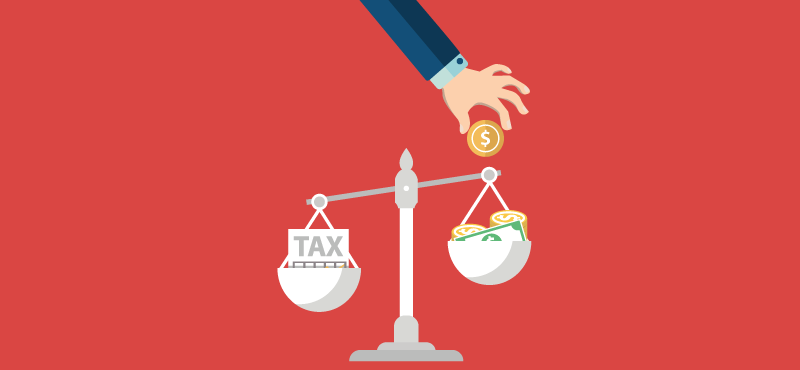The Numbers Don’t Lie-The Wealthy Are Paying More Taxes

More, more, more! So many people demand that the wealthy pay more taxes. ‘They must pay their fair share,” goes the battle cry. The question is what really constitutes a fair share? Truth be told, many of the nations wealthy pay a smaller percentage of taxes than most. However, that doesn’t mean they aren’t paying their fair share. Want proof? Then look no further than the number the IRS reported: in 2014, those who made more than $100,000 paid a combined 79.5 percent of all federal income taxes.
A closer look at the numbers from the IRS shows that more than 148 million Americans filed a tax return in 2014. Of those, 23.7 million showed an AGI of a $100,000 or more. That equals 16 percent of all tax returns. Almost all of those returns reported tax due for a combined total of $1.079 trillion in taxes, which amounts to 79.5 percent of all federal income taxes paid in 2014.
Yes, the top 1 percent, or 16 percent in this case, make a lot more money than most people, but even though they have found many ways to lower their effective tax rate, they still pay nearly 80 percent of all the federal income taxes collected by the IRS. Is that a fair share? That’s a question for each person to answer.
http://www.forbes.com/sites/kellyphillipserb/2016/05/13/americans-who-make-more-than-100000-pay-80-of-federal-income-taxes/#50015fe02f7a/
Five Uses For Survivorship Life Insurance
Five Uses For Survivorship Life Insurance By Robert D. Cavanaugh, CLU Survivorship life insurance is a life insurance policy that insures two people and pays at the second death. Also referred to as second-to-die life insurance, common abbreviations are SWL for survivor whole life and SUL for survivor universal life. Advantages Since the insurance company…
The Basics of Asset Allocation
The Basics of Asset Allocation The Two Biggest Investment Mistakes: 1. Failure to diversify. Don’t bet everything on one stock. Don’t put all your money into either stocks or bonds. 2. Failure to cope with inflation risk. Today you need over $2 to buy what $1 bought in 1980, over $4 to buy what $1 bought in…
Stock Basis Reporting on Form 1099-B in 2011
Stock Basis Reporting on Form 1099-B in 2011 By Ron Cohen, CPA, MST Partner Greenstein, Rogoff, Olsen & Co., LLP See the new Form 1099-B for 2011 that requires “cost basis” information. Form 1099-B 2011 In the past, the client’s sometimes don’t know or can’t find their cost basis in stocks they have sold. Major…
Bond Risks and How Bond Funds Deal With Them
Bond Risks and How Bond Funds Deal With Them A bond is a promise. In return for the money lent to a corporate or governmental borrower, the borrower pledges to make periodic payments of interest at a fixed rate and to repay the original loan after a set period of time. Both the date at…

